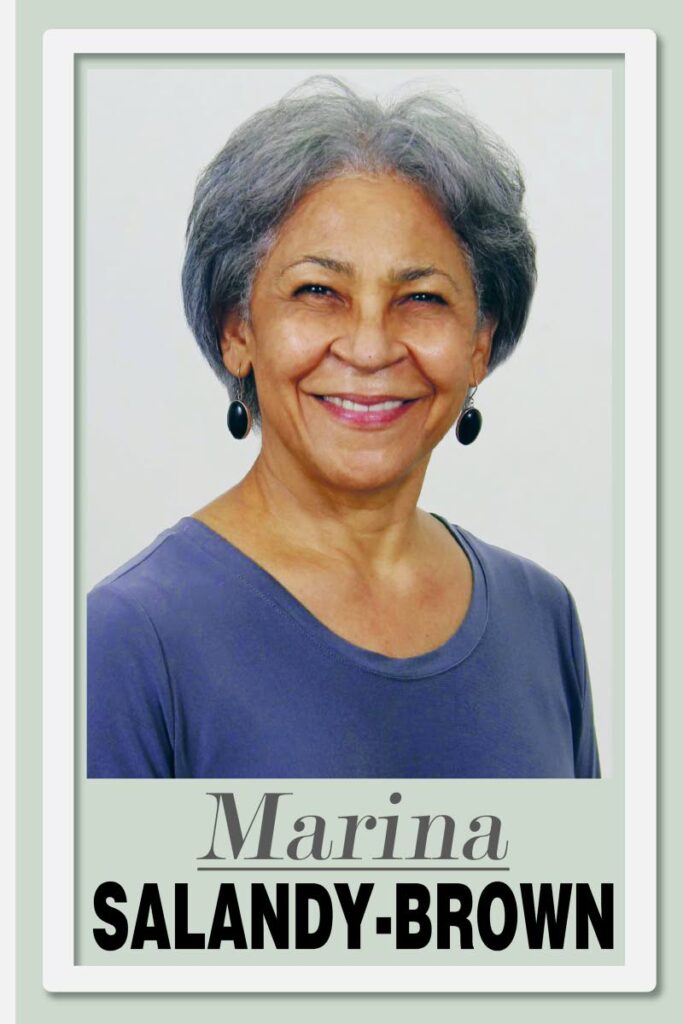The influencers of our time

THE difficulty of deciding what to do or think about almost anything now can be resolved by checking out what an influencer has to say on the topic.
This form of problem-solving may sound new, but it is ancient. It just lacked a name, has now been formalised and exists on platforms that are relatively new.
Hollywood is one of the most powerful influencers ever; so are the media which usually peddle specific political lines to influence our thinking. Fox News, the New York Post and the Wall Street Journal, owned by the conservative Australian billionaire Rupert Murdoch, are in bed with the Republican Party as much as the Times and the Sun are with the UK’s Conservative (Tory) party – all part of Murdoch’s News Corporation, which controls one-third of the UK newspaper market.
Advertising agencies have always been in the business of influencing us to think and act in particular ways. I asked an ad-agency executive about the birth of influencing as a career, and learned that it started at least 20 years ago in the US, as a by-product of the growth of social media.
About a decade ago ad agencies realised that traditional brand ambassadors were morphing into something new: people whose brand was themselves. Oprah Winfrey became the most successful brand ambassador in the media world and showed what that influence could be worth. It is acknowledged that her endorsement of Barack Obama in the 2008 presidential race delivered him a million votes, and she set the tone for what was to come.
Not so long ago, influencers were people creating content on social media about themselves and their activities, for sharing with friends and family.
Today, they play a prominent role in the communications/information and political environments as opinion-formers and agenda-setters. No ad agency is without a collection of influencers they manage for clients.
In Trinidad and Tobago we have the likes of Ro’dey the Entertainer, with his host of comic characters and a huge following, similar to Julie Mango in Jamaica, whose comedy sketches garner nearly a million followers on various platforms. They will never earn the kudos of Oprah but typically our influencers earn between $5,000 and $15,000 for half a day’s recording and posting of short videos promoting a brand.
Taylor Swift, the singer, did not expect to make a career as an influencer, but she is now one of the most powerful opinion-formers in the USA and possibly globally. So powerful, in fact, that Donald Trump has gone on the attack – his critics say he only threatens those he fears. He is terrified that Swift’s 272 million Instagram followers, who span five generations, and whom she encouraged last year to register to vote, will not come out for him in the upcoming US presidential elections.
Her fans, 35,000 of them, registered in direct response to her vote campaign. According to Swift’s biographer, in a recent poll, 18 per cent of US voters, ie 30 million US adults, said they were more likely to vote for a candidate Swift endorsed. Sadly, for Trump, 55 per cent of her fans are Democrats and 23 per cent are Republicans, which means if they all turn out to vote it will be in favour of President Biden. The indications are that she might well endorse Biden.
It is dangerous business being an influencer. Apparently, Trump’s Maga movement would wage “holy war” against Swift if she supports Biden. For sure, it will not be pretty.
Maybe it will be worse than Trinidad and Tobago’s reputation after arresting visiting Canadian vlogger Christopher “Chris Must List” Hughes for sedition, of all things!
Choosing to incarcerate someone with tens of thousands of international viewers of his YouTube videos into our dreadful prison was proof that we understand almost nothing about the power of influencers.
It has been useful, however, to help us focus on the depth of the judicial reform that we must engage in on an ongoing basis.
There is nothing to stop any of us going into a free and democratic country and recording what we find there. The fact that it is not flattering does not merit arrest for sedition. But it does raise the important issue of the responsibility of influencers.
The most dangerous aspect of social media is the inability of consumers to discern disinformation and the ability of inauthentic influencers to intentionally mislead. Influencers are highly credible to their followers, many of whom only consume information via social media, yet influencers are untrained unprofessionals, at best.
Simultaneously, traditional media, in which journalistic standards are universally accepted, are weakening, and so are the democratic values we once held sacred.
Trinidad and Tobago’s over-reaction to Hughes’ vlogging about our gang culture is a symptom of our state’s desperate struggle with maintaining social cohesion and containing the growing violence and criminality.
Since influencers are communicators, we must find ways to make them aware of their responsibility, ethically and politically, similar to those of traditional journalists.
And we need international efforts to teach consumers about information manipulation and its perils. Our democracies need these interventions.

Comments
"The influencers of our time"